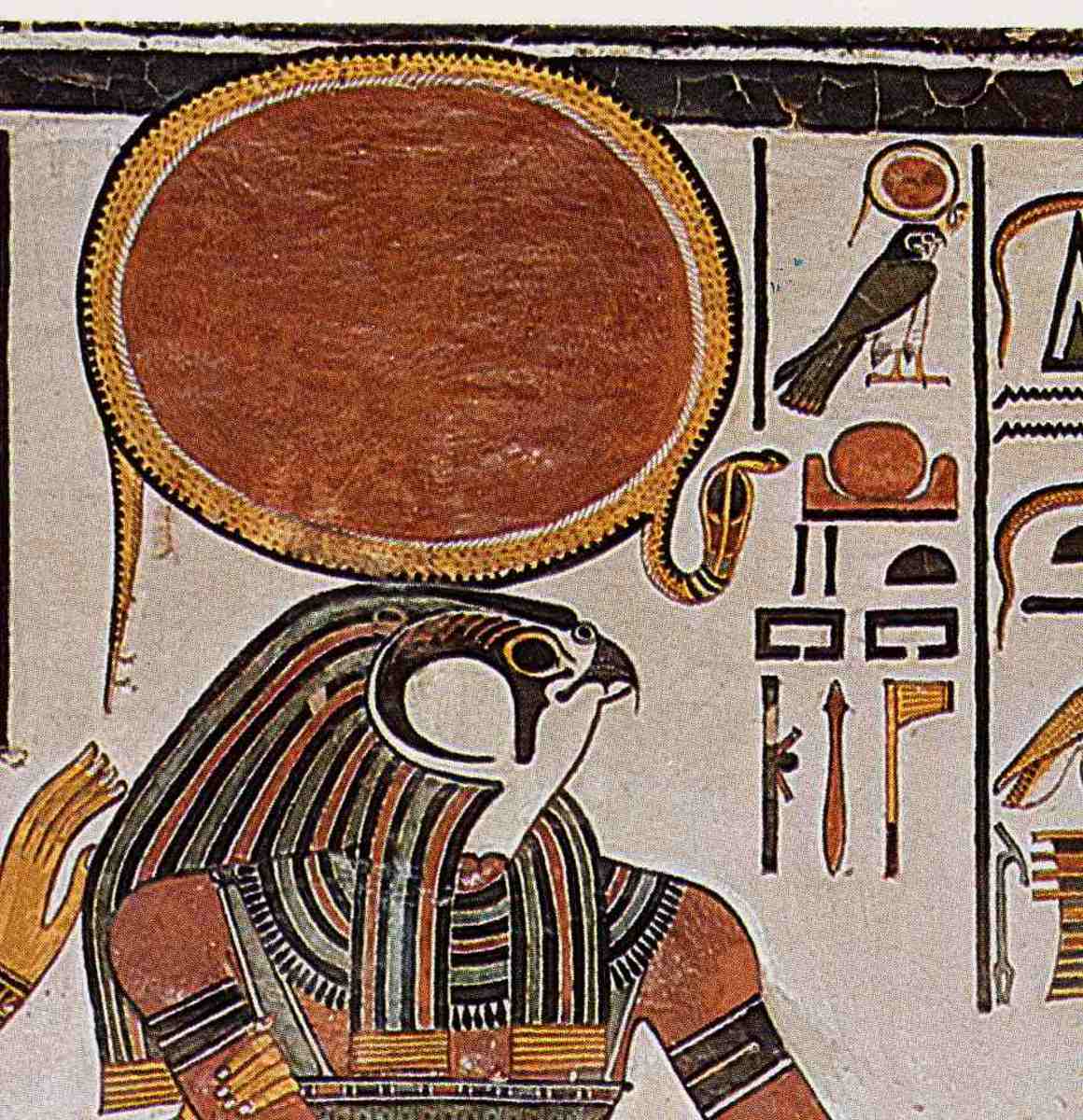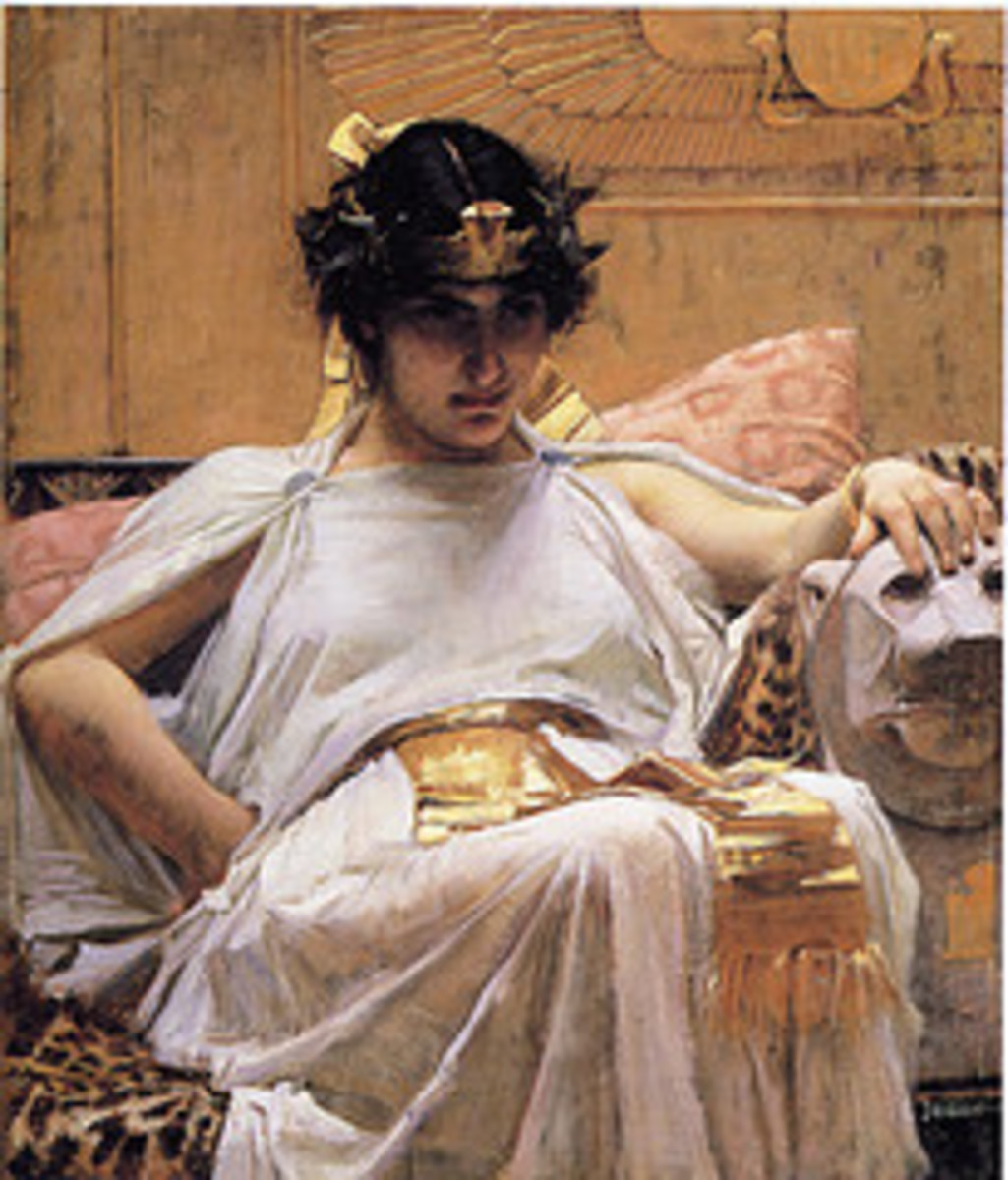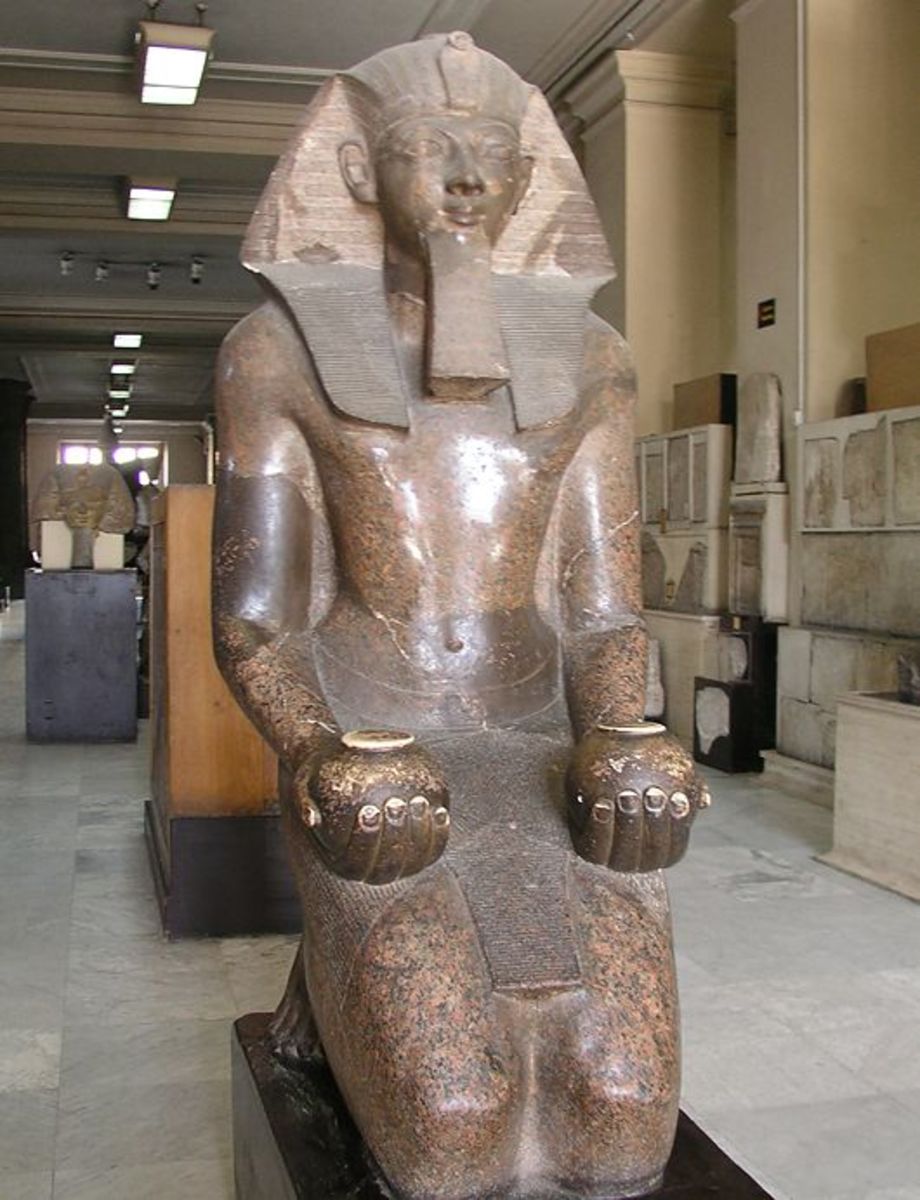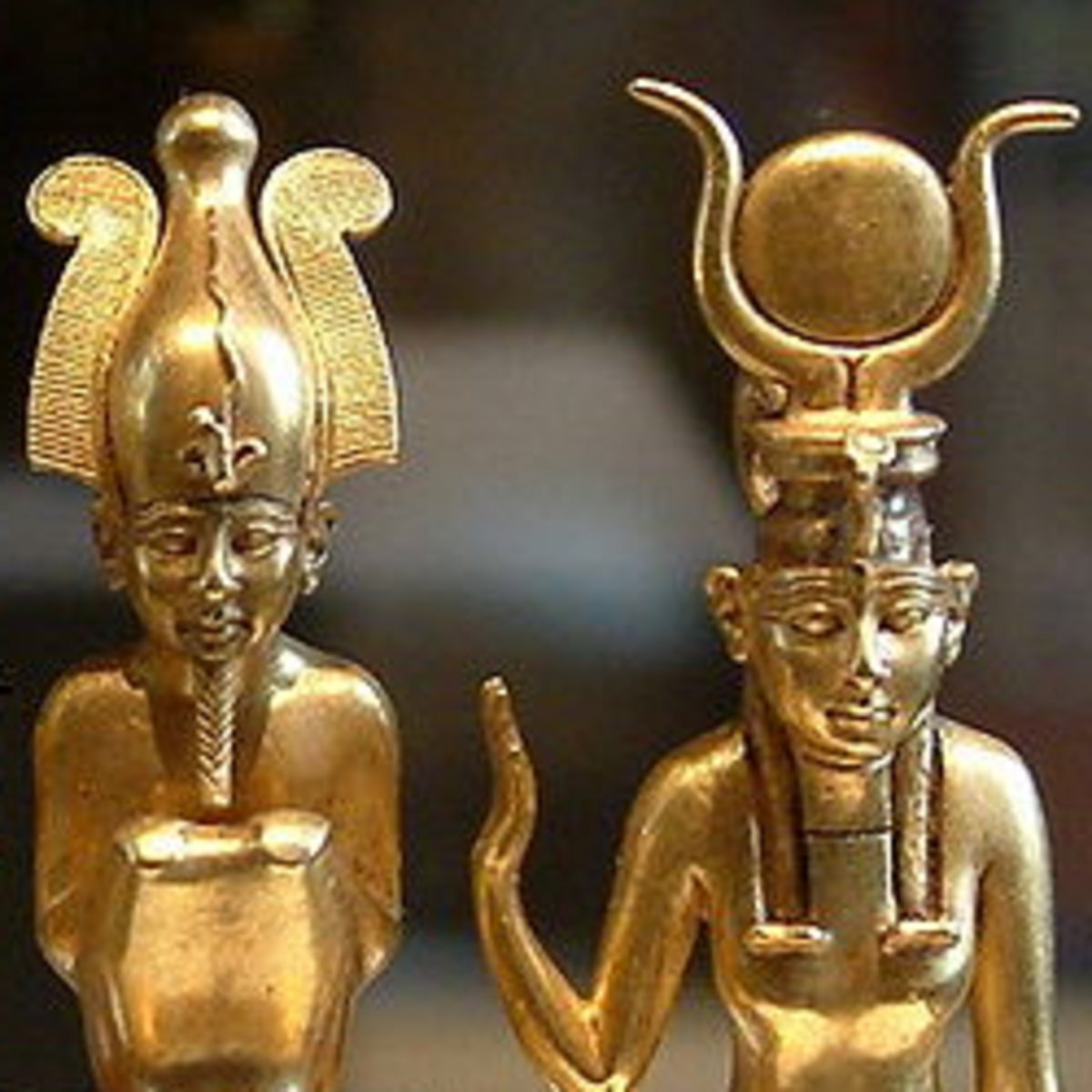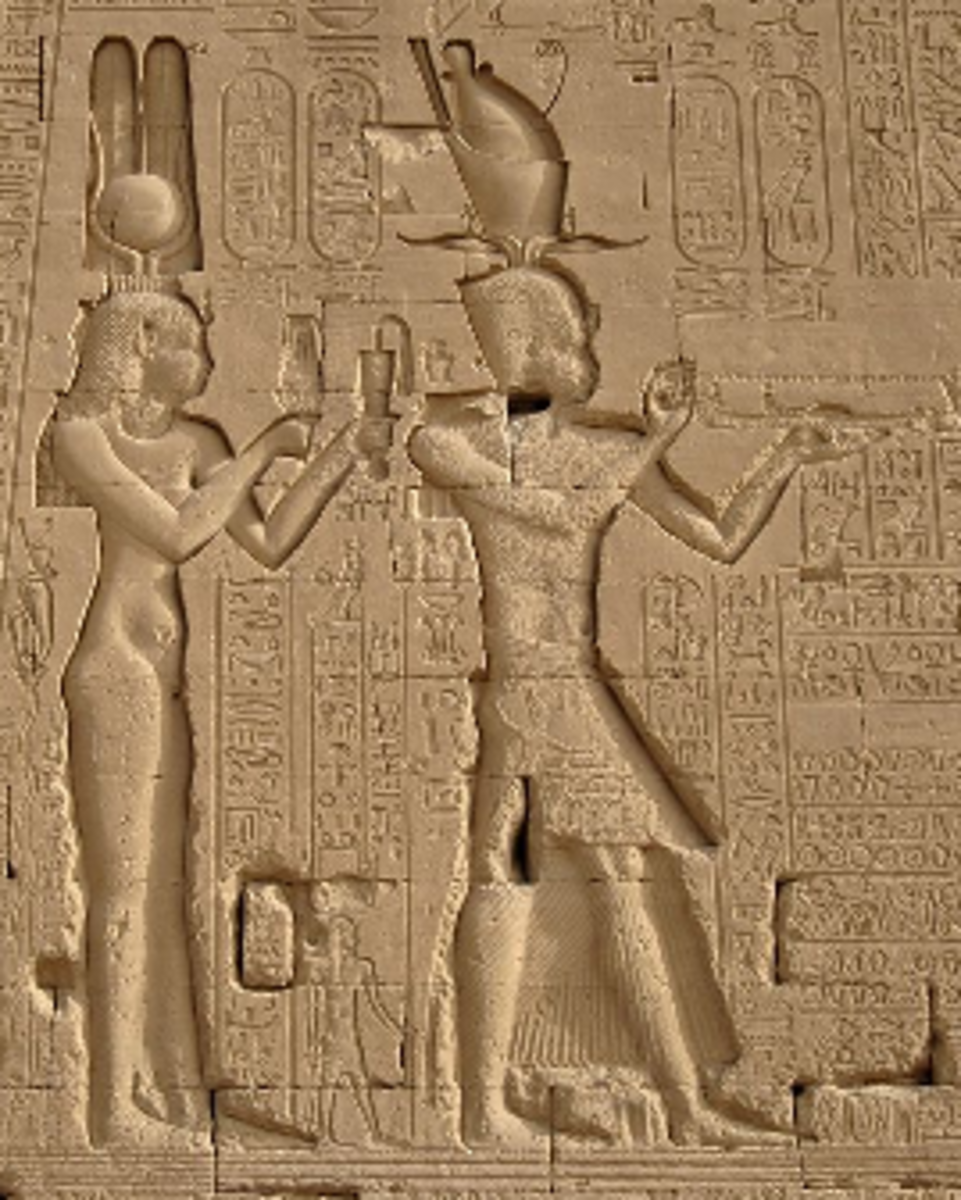- HubPages»
- Education and Science»
- History & Archaeology»
- History of the Middle East
History: From Slaves to Kings
Mamluk Warriors
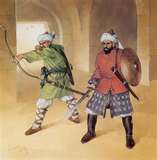
The Mamluks
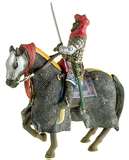
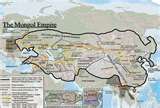
Egyptian Army
In the middle of the 12th century, Egypt under the rule of Saladin started to recruit slaves as soldiers in his army.
This was a practice that became popular throughout the Middle East.
This was a process where: rulers would purchase young boy slaves and put them in their military.
These slaves were not treated the same as the west later treated theirs. These slaves would eat with the family and be taught in special military schools. There was no shame attached to being one of these slaves, known as Mamluk.
As the numbers of Mamluk increased in the army, so did the promotions of Mamluk to officers.
As all the military leaders eventually came from the ranks of the Mamluk, although unforeseen by the countries leaders, the inevitable happened. The ranks of the Mamluks were more loyal to their Mamluk military leaders than they were to far off country’s leaders and when in 1249, Sultan al-Malik al-Salih died, the Mamluks murdered his successor and named a monarch from within their own ranks.
After this time Egyptian rulers were not hereditary, they were decided by the jockeying and supremacy of the different Mamluk factions.
This “Dynasty” of Mamluk rulers produced at least 50 Mamluk sultans, who enjoyed power over Egypt even if their periods of reign, in some instances were short.
Probably the greatest of all these Mamluk rulers was Baybars. He was a blue eyed Turk, who was bought in a Damascus slave market and within just a few decades became the sultan of Egypt. It was his army that defeated the Mongol army at Ain Jalut {in modern Israel}, in 1260.
The Egyptian army, at that time, was almost entirely made up of Mamluk soldiers. This army gave the Mongols such a beating that they were forced to retreat and never threatened Egypt again.
This dynasty came to an end in 1517, when the expanding Ottoman Empire defeated the Mamluks and occupied Egypt.

